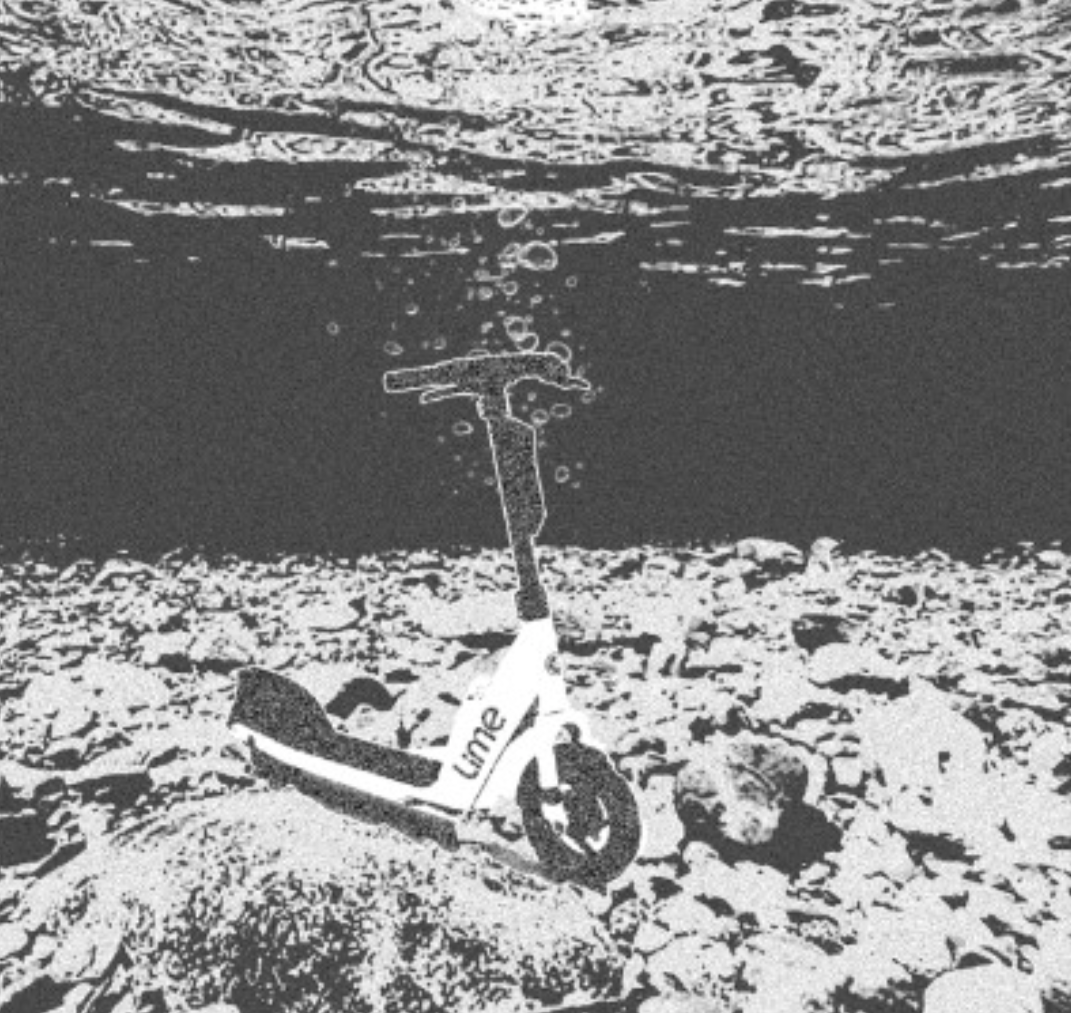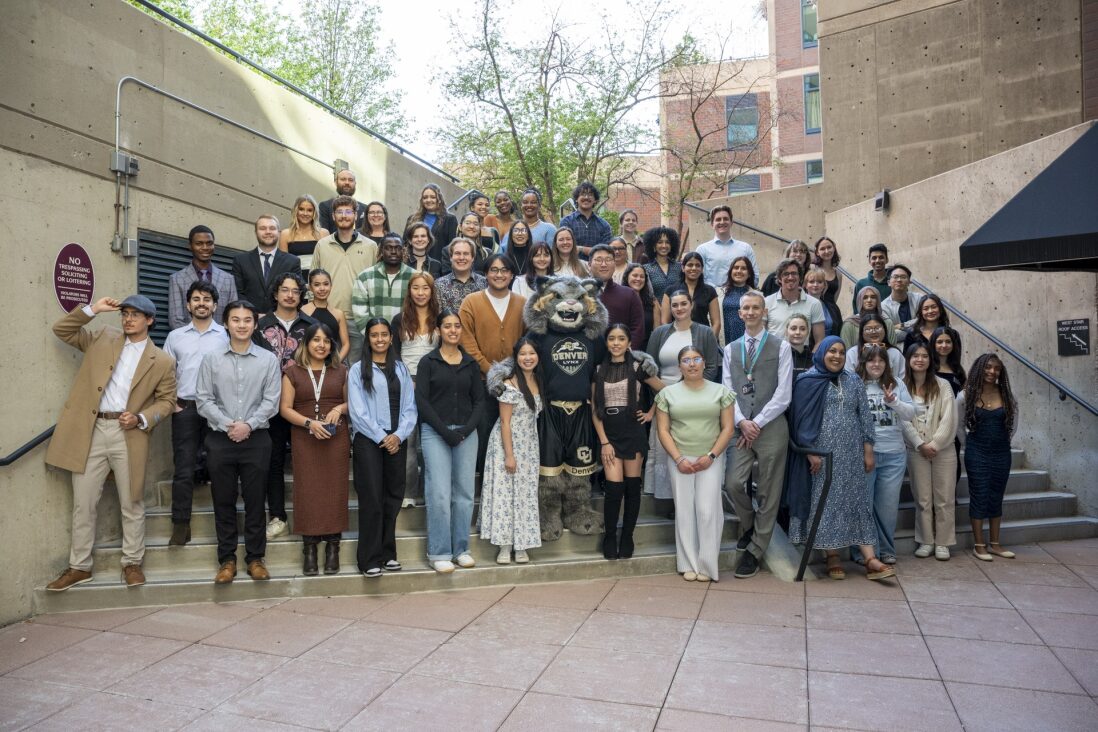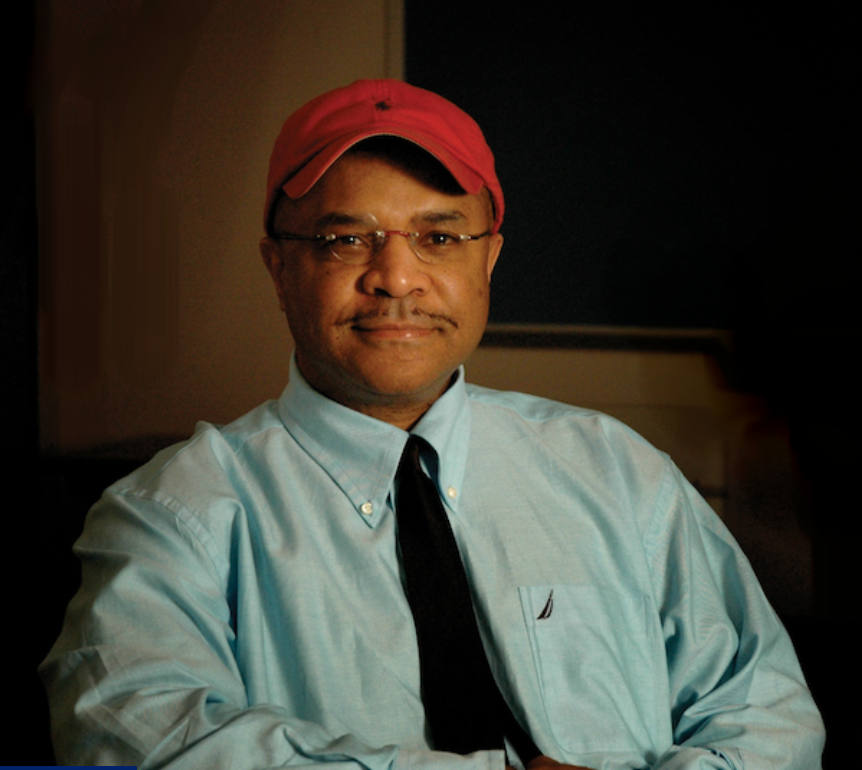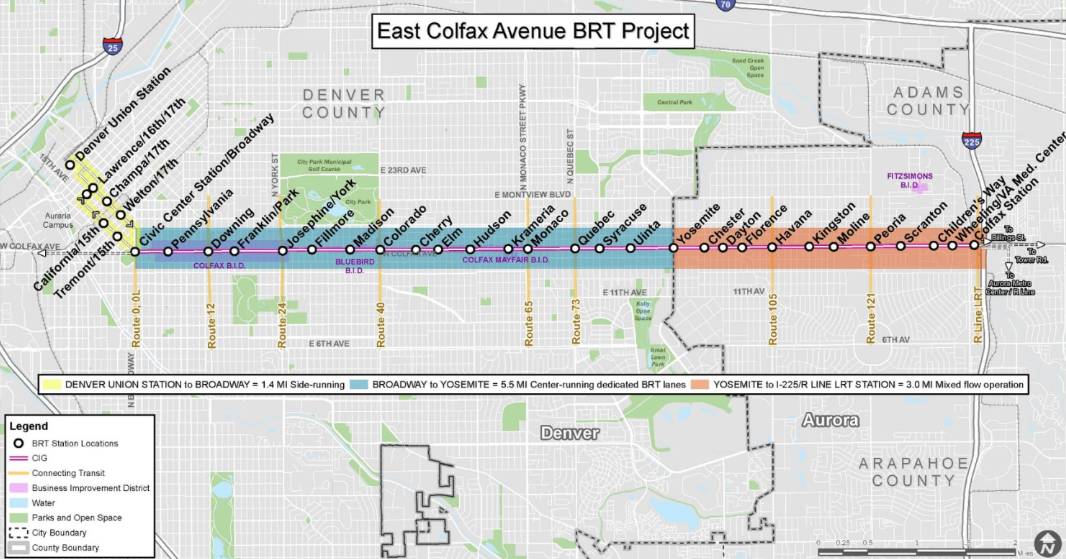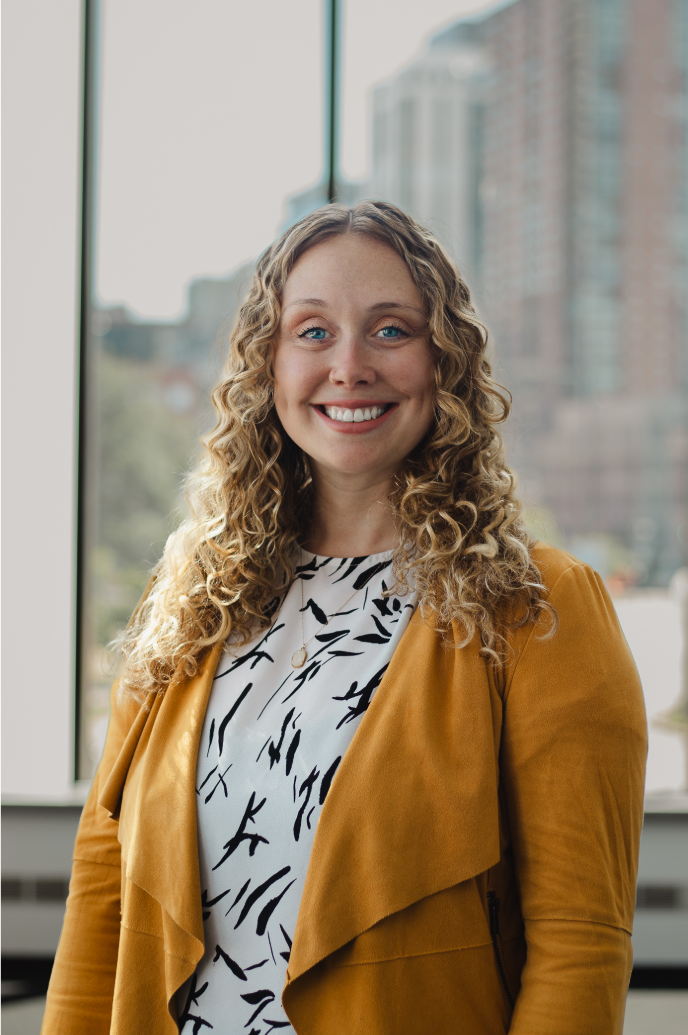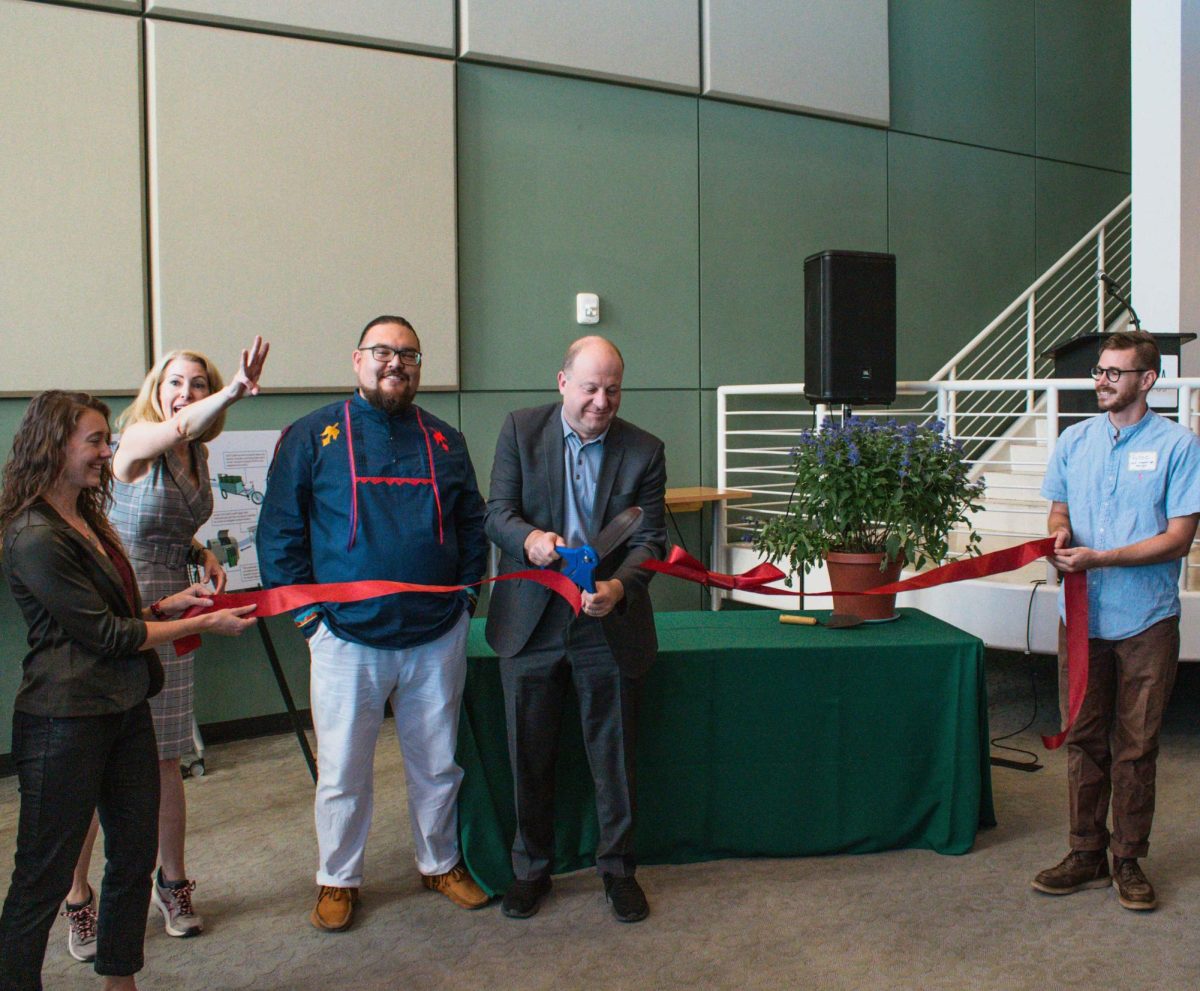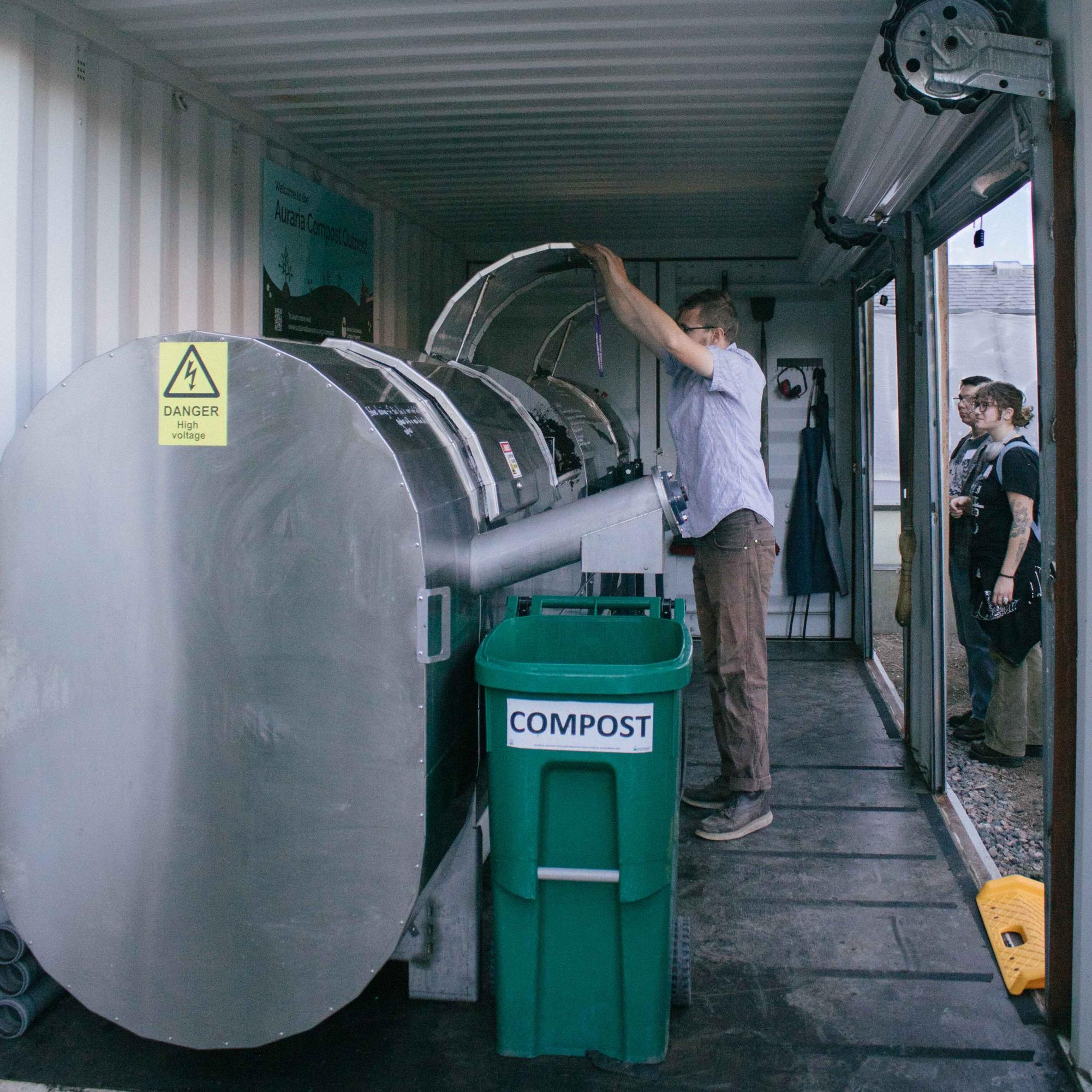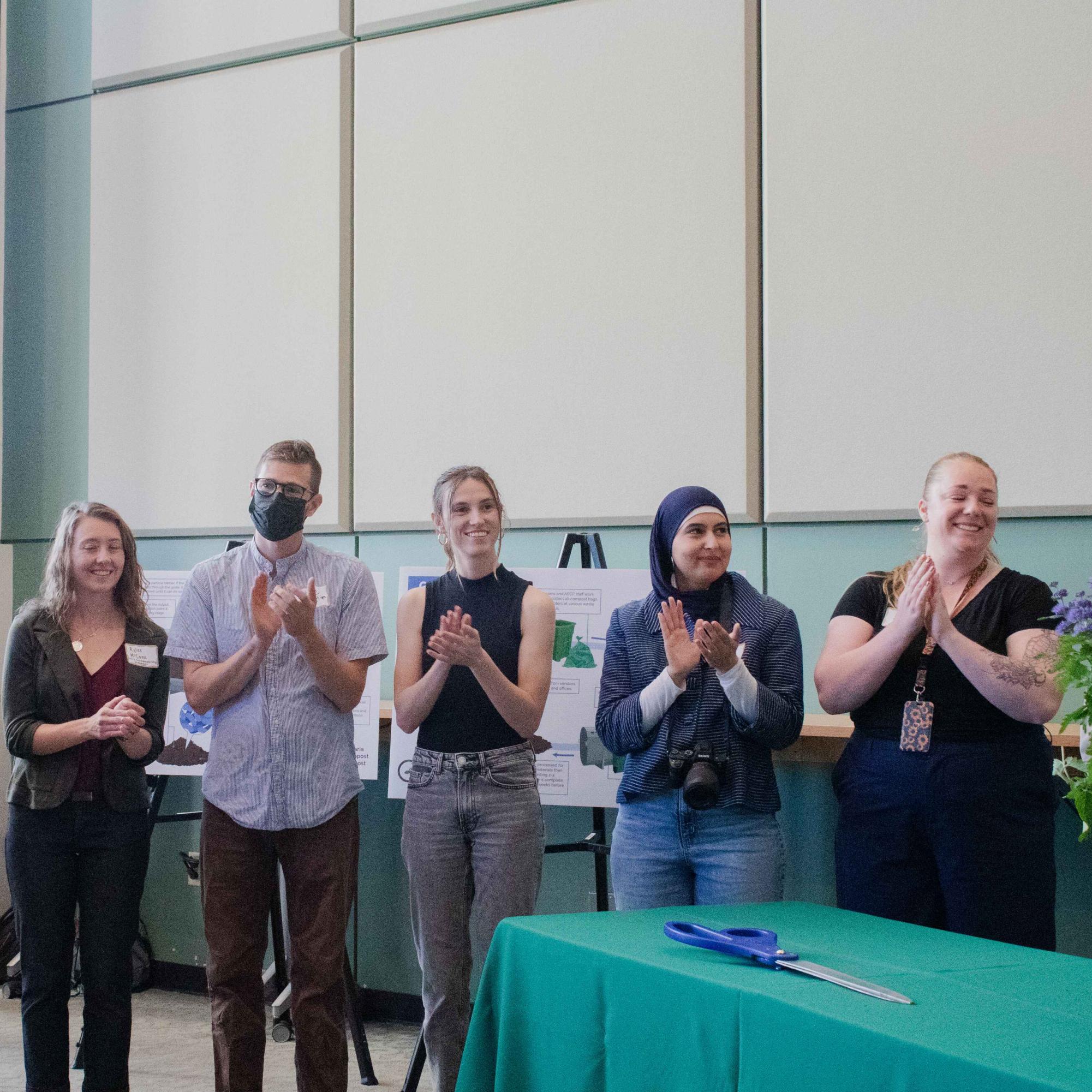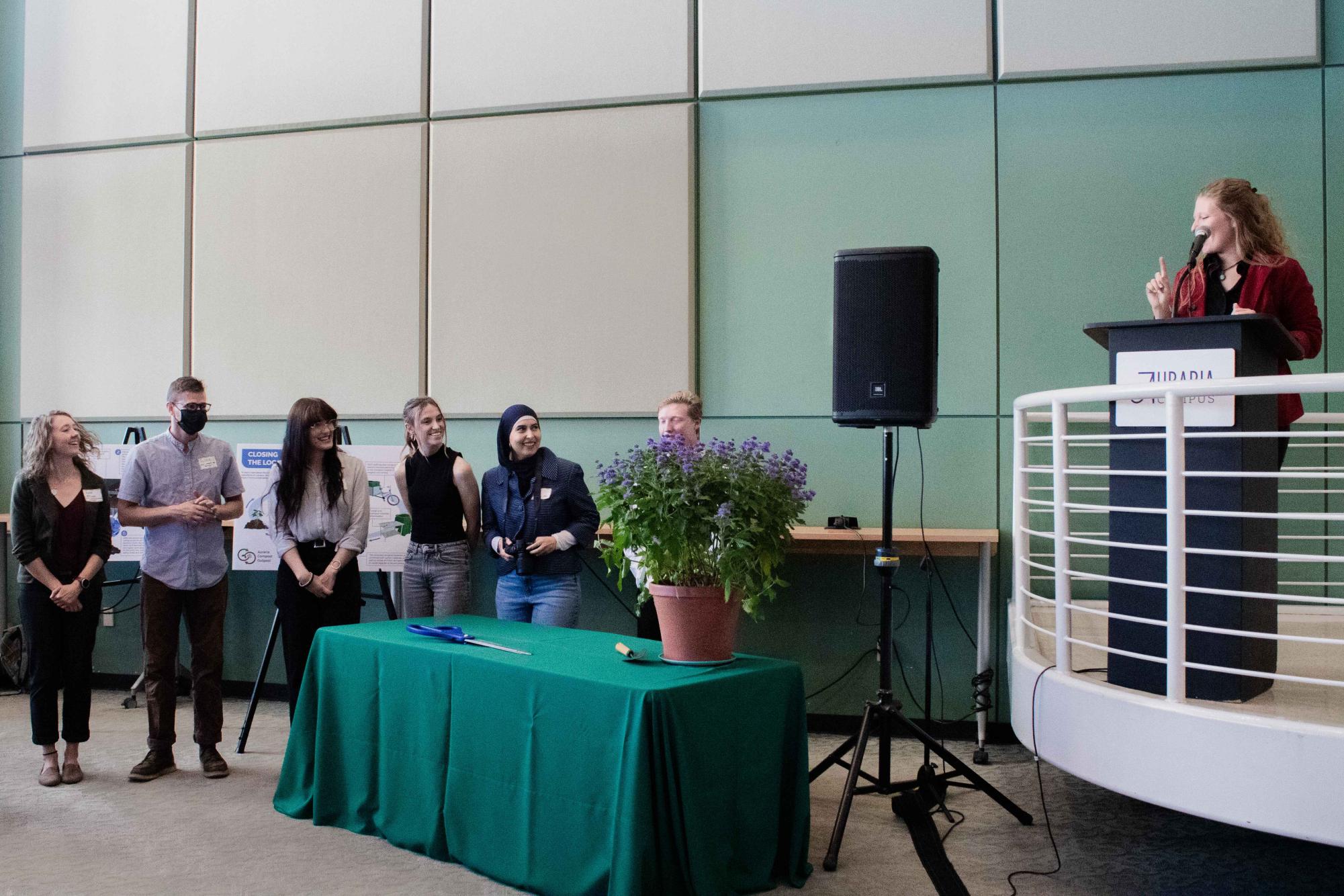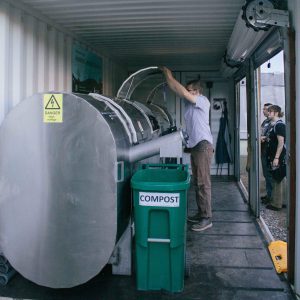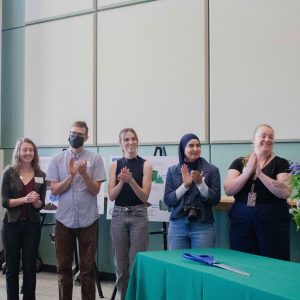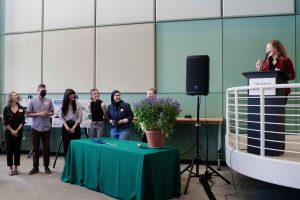On September 25, the Auraria Sustainable Campus Program (ASCP) held a ribbon-cutting ceremony to celebrate the restarting of their composting efforts. Such a monumental event was made possible through the efforts of the ASCP. The ASCP aims to take 200 to 300 hundred thousand annual pounds of organic material to be processed into compost and returned onto campus as fertilizer and soil.
The Auraria Compost Outpost initiative started as far back as 2020 when the Student Body approved an almost nine dollar increase to student fees that would go towards waste diversion efforts from the Auraria Energy Renewal Fee consolidated in the fall of 2020. With additional support of about 123 thousand dollars from the Recycling Resources Economic Opportunity (RREO) grant provided by the Colorado Department of Public Health and Environment (CDPHE), the ASCP plans for a 35 percent waste diversion rate by the year 2024. The diversion waste leads directly to a decrease of 5 percent of greenhouse gases being emitted from Auraria Campus. With the support of Colorado and Auraria’s own student body, the ASCP’s goal of starting a chain of dominoes that lead towards a healthier environment and greener campus.
The event was held at the Auraria Administration Building and guests were invited to mingle, enjoy some appetizers, and learn a little more about the ASCP and the Auraria Compost Outpost. Three prominent guests and speakers at the event included Colleen Walker, Chief Executive Officer of the Auraria Higher Education Center, Ean Thomas Tafoya, an Auraria Campus alumni and prominent figure in Denver environmental activism, and Governor Jared Polis. All three gave speeches dedicated to congratulating and approving the efforts of the ASCP which culminated in the ribbon-cutting, done by Governor Polis, and with a commemorative shrub, fed with fresh compost by ASCP staff. This compost comes from previously collected and processed organic waste taken from campus and transformed into fertilizer for Auraria Campus plants, closing the loop on organic waste. The shrub itself represents the closed loop approach that Auraria Campus is taking as it will be planted on campus with the compost made from the recycled material from campus. Guests were then invited to take a tour of the process the ASCP goes through when collecting organic materials and in the way compost is produced.
There are forty green compost bins on campus that get collected by the student staff of ASCP by electric bicycles mounted with trailers. These bins are then transported to a lot on the east side of the Administration Building. Once there the compostables are hand sorted and placed into a BioCoTech, a large cylindrical machine that converts organic materials into compost using a mixture of nitrogen and carbon which then gets broken down further by micro-organisms. The final step in the process is letting the compost rest, or air out, until it is ready to be transported and used for planting.
The event marks a day of celebration for the efforts of those apart of ASCP along with its campus and federal supporters. Along with being a celebration, the ceremony stands to show that projects such as the Auraria Compost Outpost are the first dominoes for an eco-friendly campus.
Photos by Kenny Barnes.

